Our Curriculum
Montessori Inspired Curriculum
San Lorenzo Preschool incorporates a diverse array of educational approaches, including Montessori principles, a Bilingual Immersion Core Curriculum, Multiple Intelligences, Inquiry and Research-Based learning, Thematic Teaching, and Brain-Based learning styles, to best support children during this crucial stage of development.
At San Lorenzo Preschool, we promote the concept of “Global Education” to help children discover their place in the world community. Through various classroom activities and celebrations, we aim to nurture true “Citizens of the World” – children who appreciate, respect, and celebrate the richness of diversity, all while recognizing that each child is a unique individual.
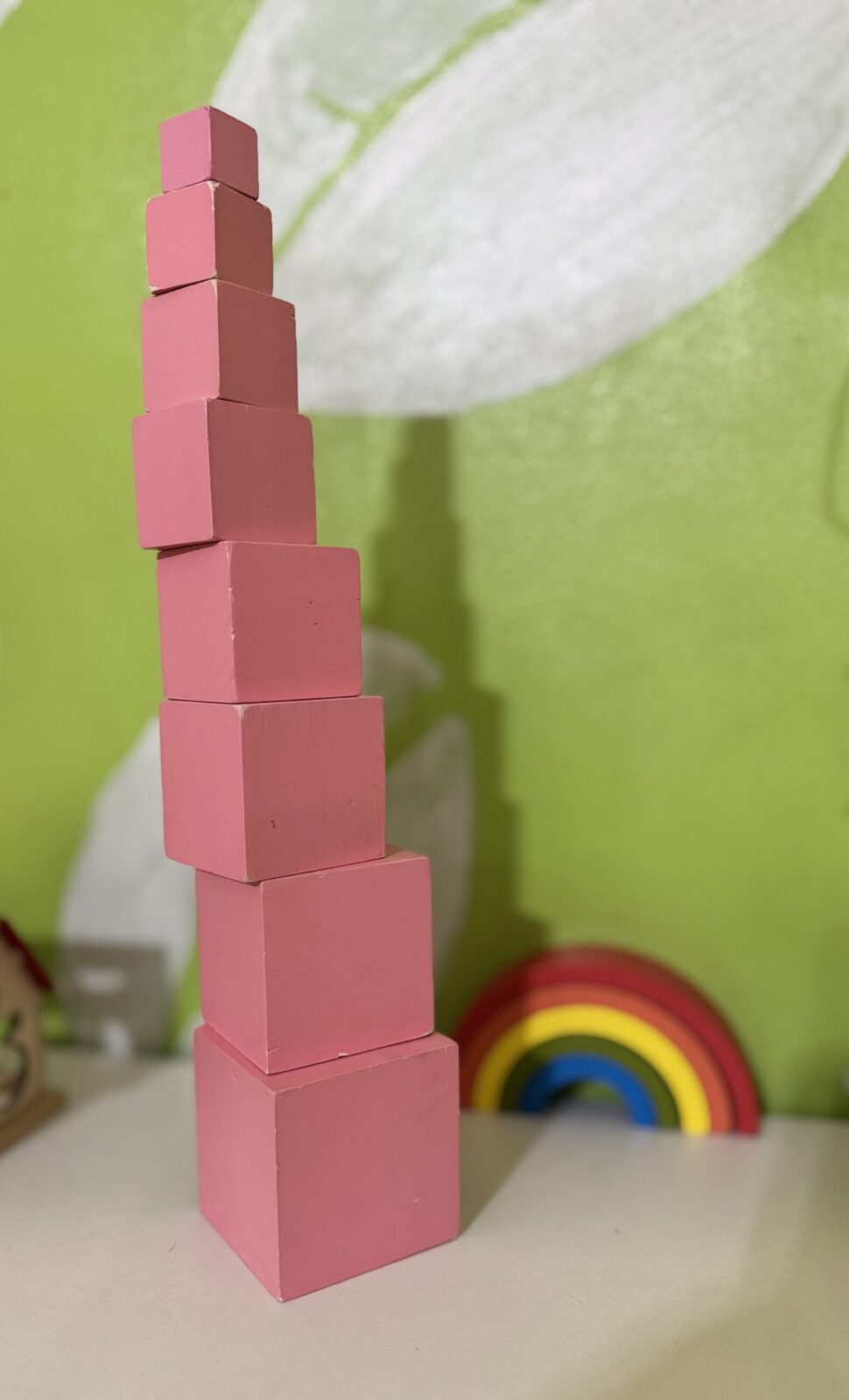
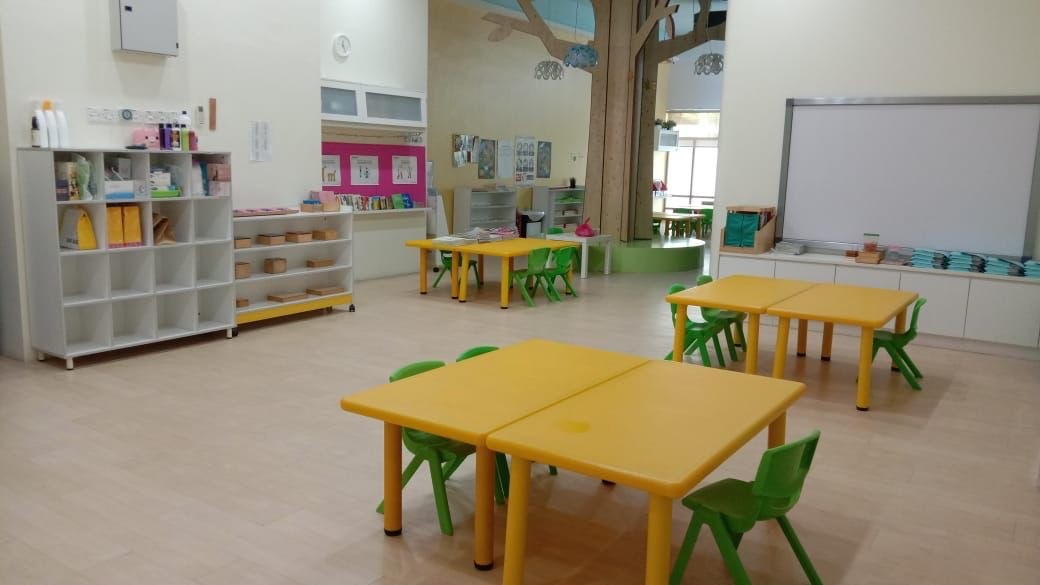
Classes
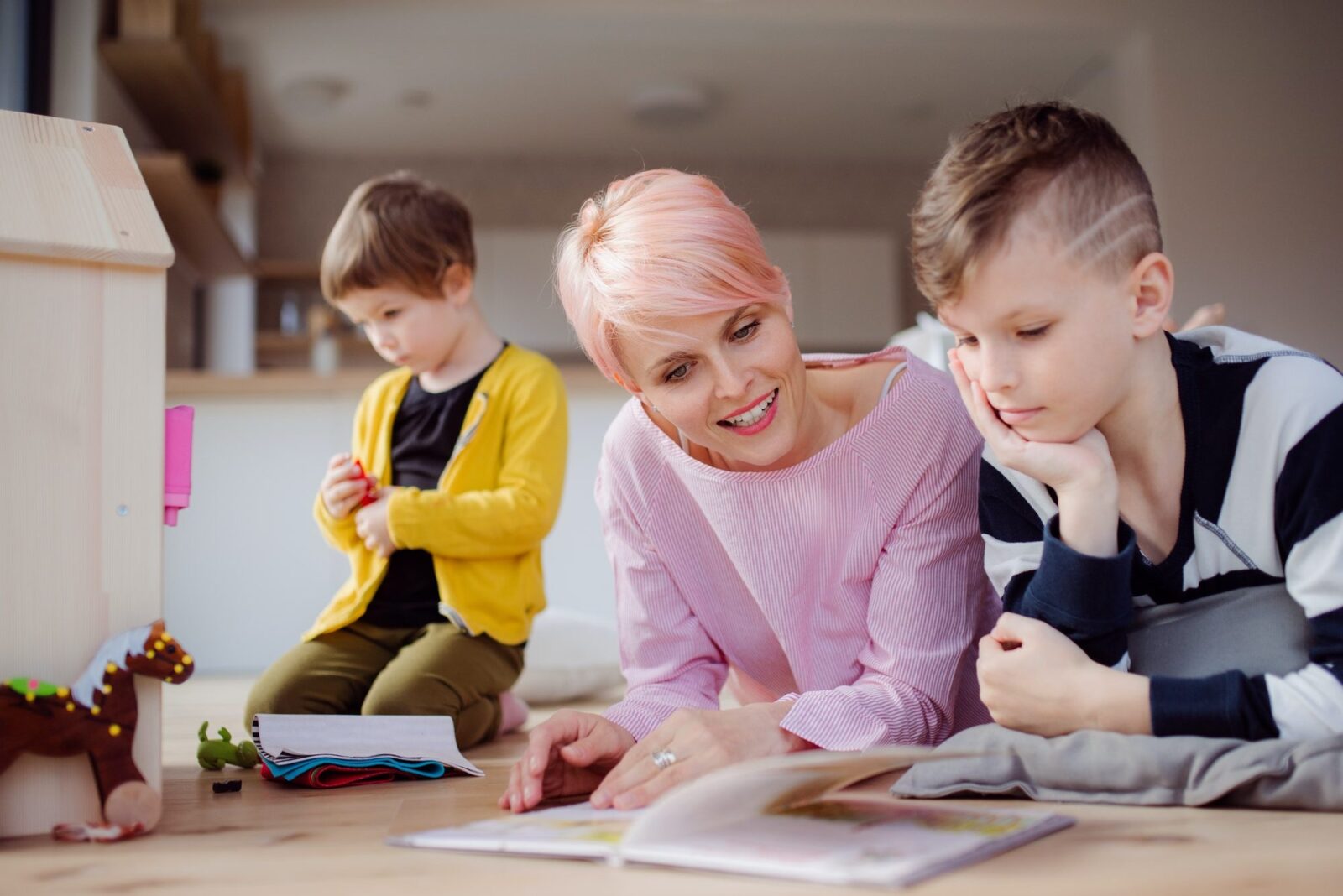
Practical Life Exercises
Practical Life exercises form the cornerstone of a Montessori environment, encompassing four key components: Care of Self, Care of the Environment (both indoor and outdoor), Social Grace and Courtesy, and Development of Motor Skills.
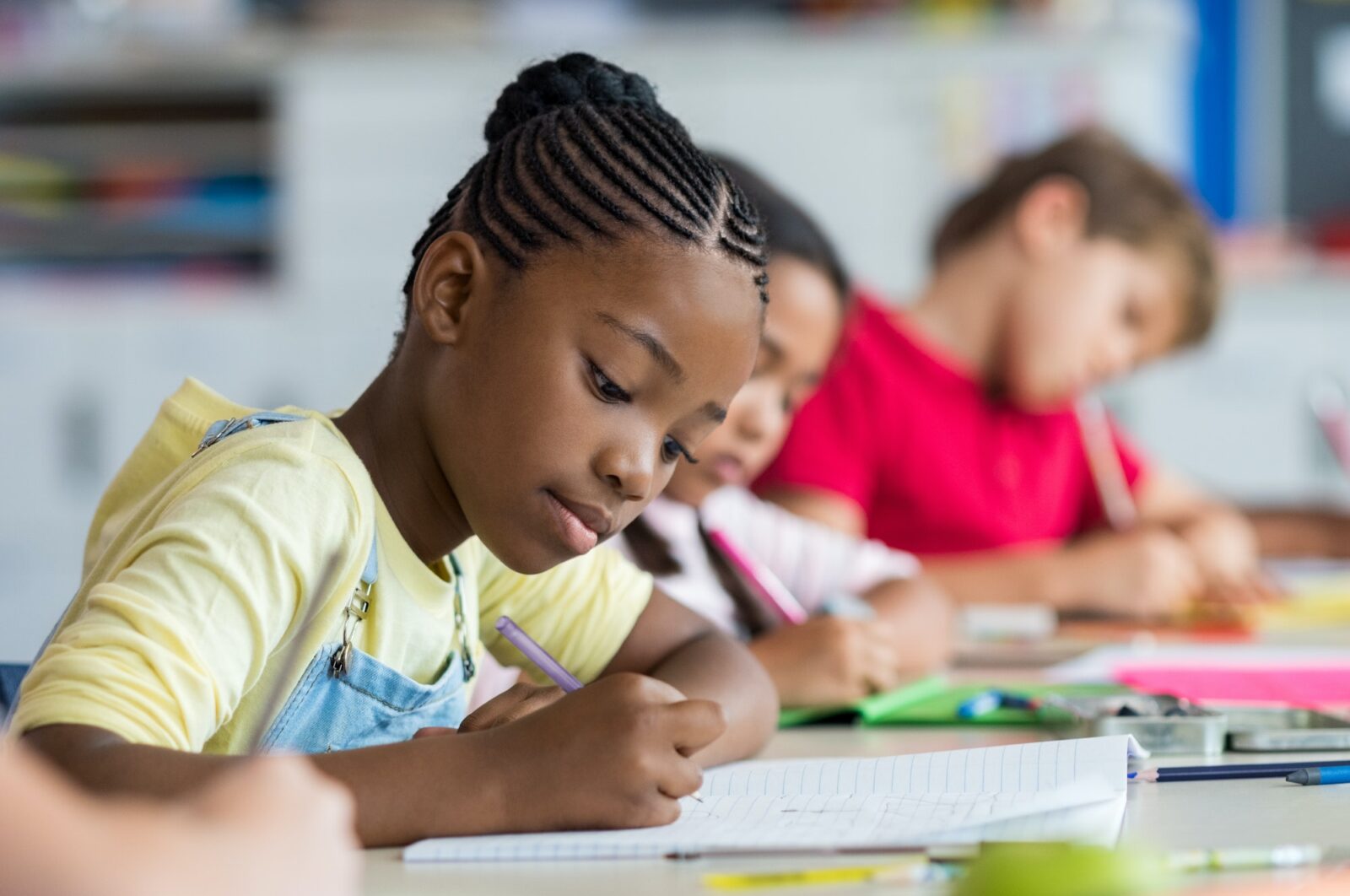
Five Senses Sensorial Exercises
Children learn through their five senses. The main goal of sensorial exercises is to enhance their abilities related to touch, taste, smell, sight, and hearing. By using specially designed Montessori sensorial materials, children can organize, relate, explore, and categorize their sensory experiences.
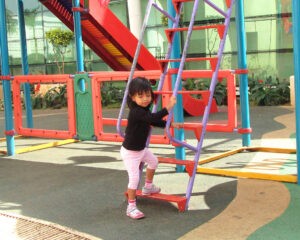
Language
A multi-sensory approach that integrates phonics, storytelling, language, and experiential learning to enrich reading and writing. Children engage with their senses rather than relying on rote memorization, fostering a deeper understanding of literacy.
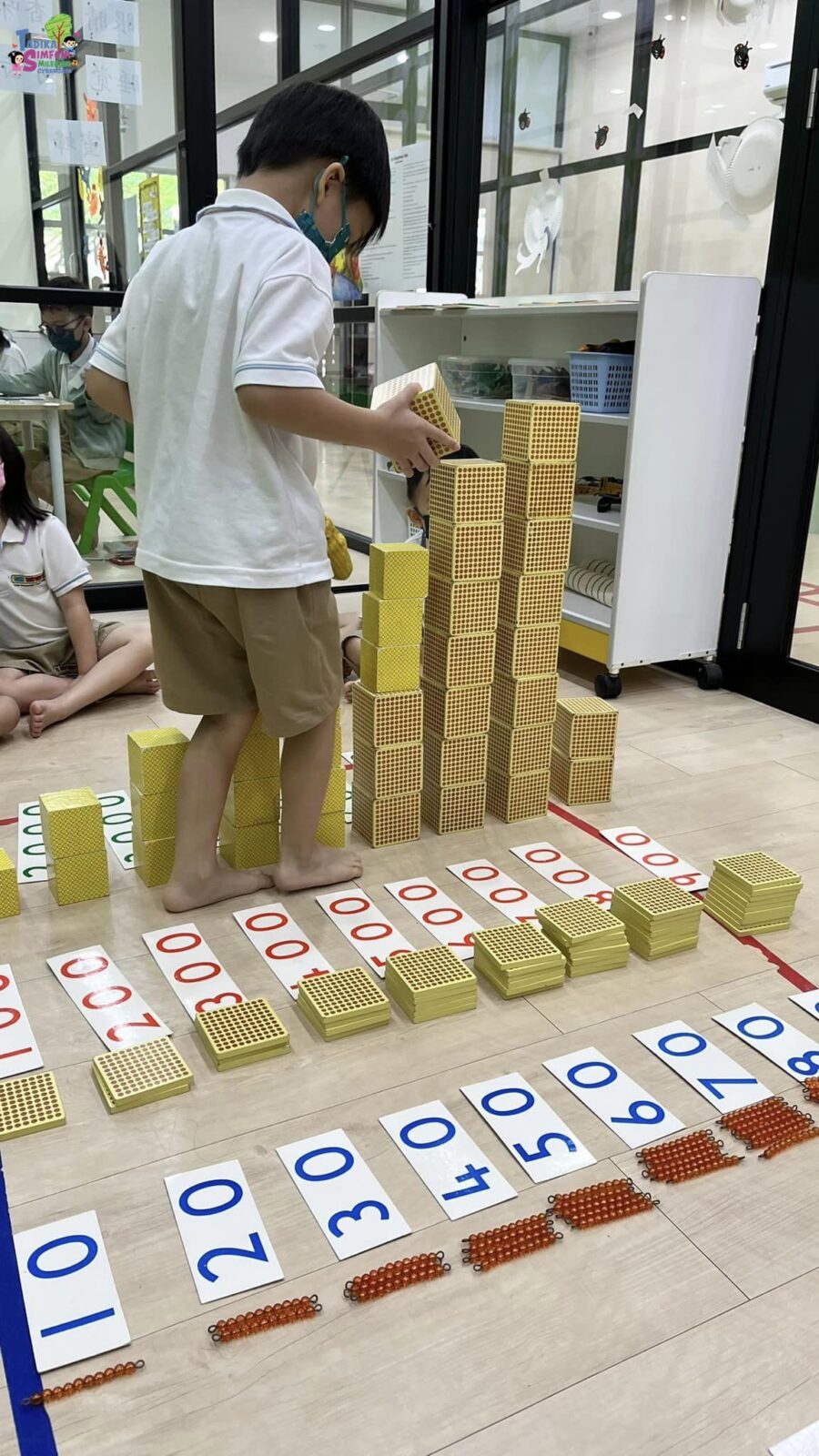
Mathematics
Montessori Mathematics is taught through hands-on interaction with tangible objects. Children will engage in numerous practical activities to learn addition, subtraction, multiplication, division, the decimal system, number bonds, and problem-solving skills.
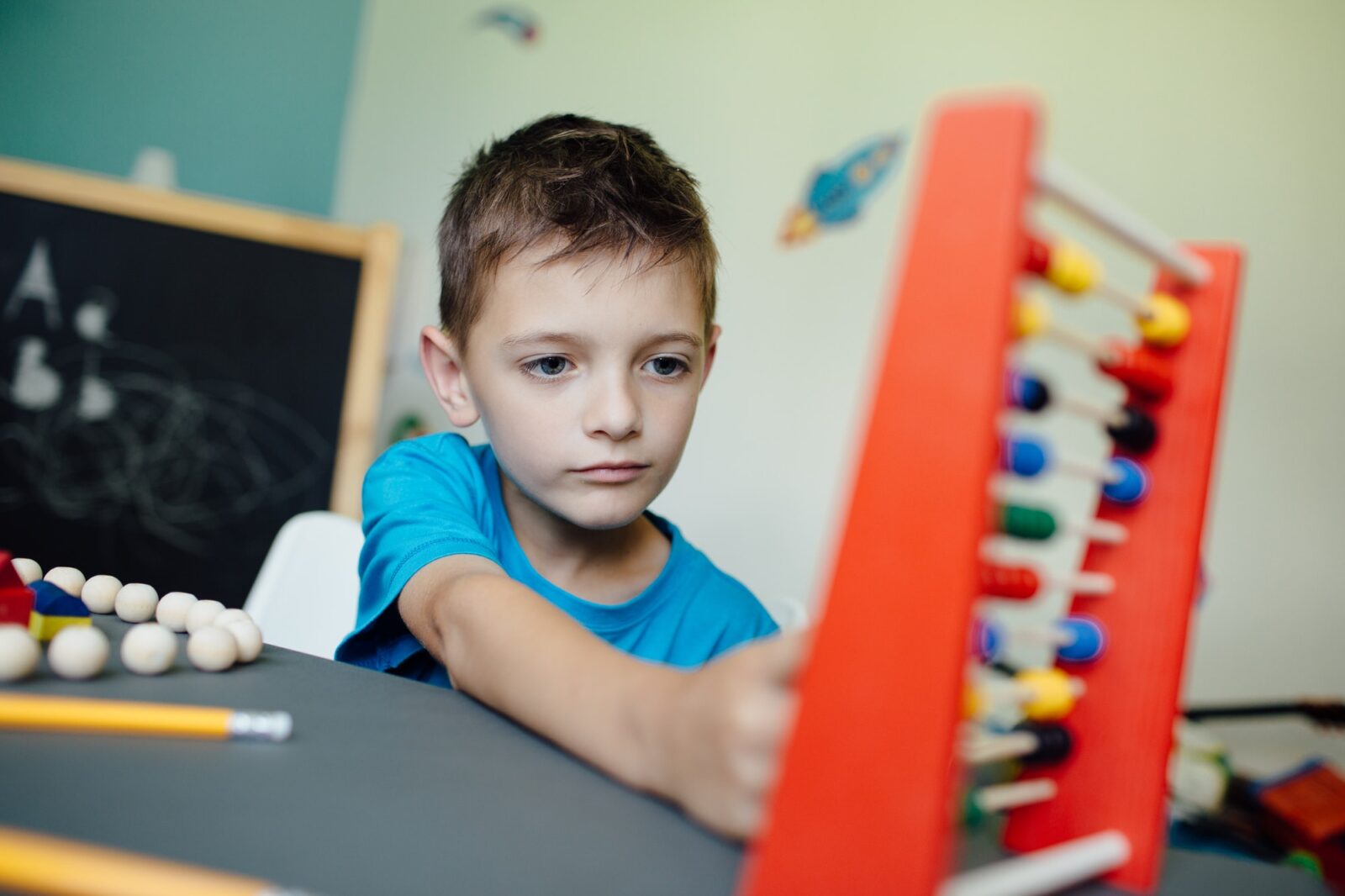
Cultural
We believe that exploring culture is essential for fostering curiosity and understanding in young learners. Our cultural curriculum is designed to introduce children to diverse traditions, languages, and customs from around the world, encouraging respect and appreciation for differences.

Science
Our kindergarten science curriculum sparks curiosity and fosters a love for exploration in young minds. Designed to be hands-on and interactive, our program introduces children to the wonders of the natural world while promoting critical thinking and problem-solving skills.

Creative Art & Craft
To inspire children to express themselves, we will organize engaging and enjoyable activities like drawing, painting, collage making, and crafts. These guided experiences will allow children to achieve success, which will help enhance their self-esteem.

Children's Cookery
Cookery sessions are a favorite among our little chefs! These classes focus on hands-on, playful methods to teach an essential life skill. As the children learn to prepare food in a safe and enjoyable setting, they also discover new vocabulary and concepts related to measuring.

Music & Movement
Montessori Mathematics is taught through hands-on interaction with tangible objects. Children will engage in numerous practical activities to learn addition, subtraction, multiplication, division, the decimal system, number bonds, and problem-solving skills.
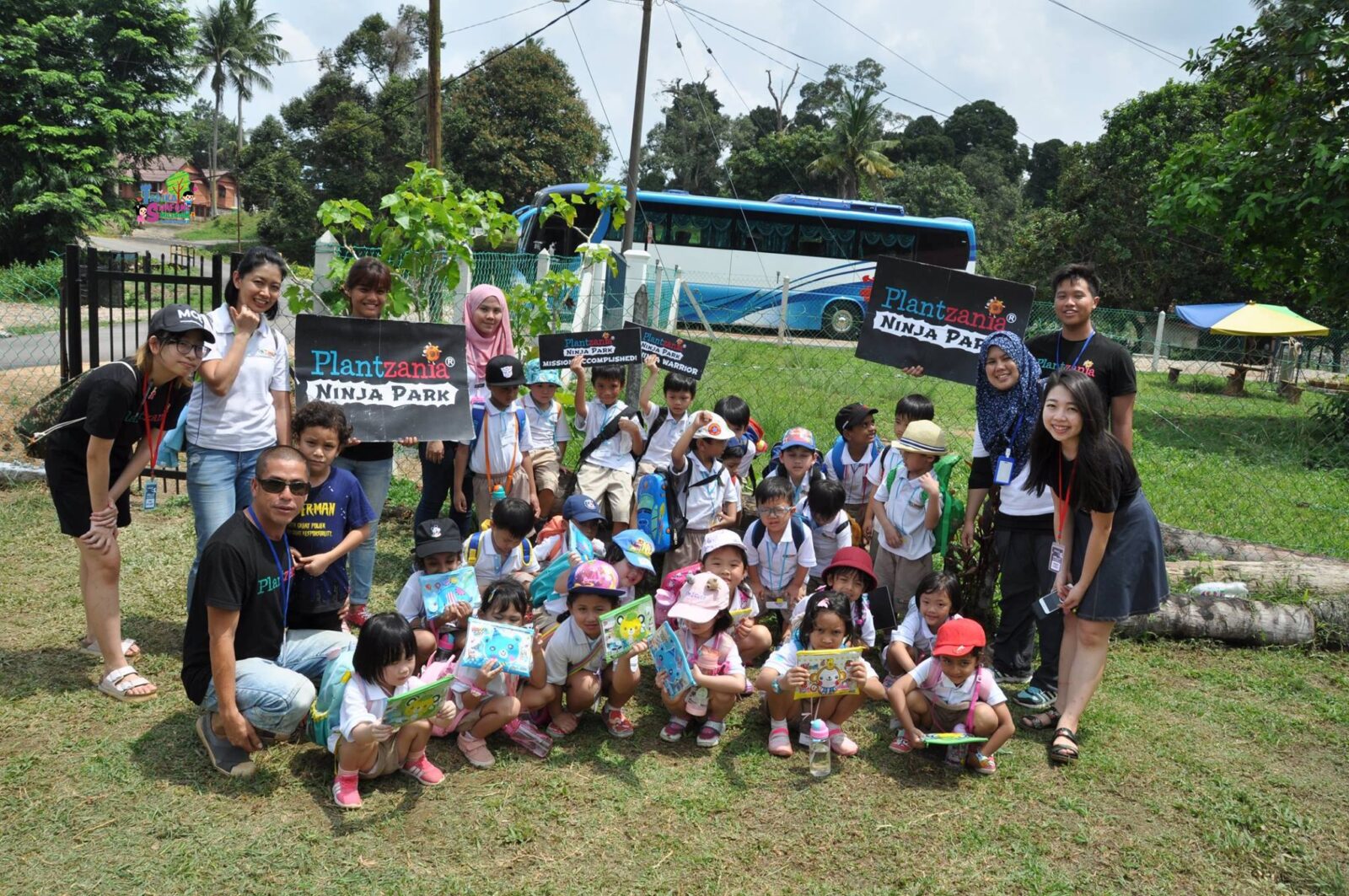
Field Trip
This field trip allowed the children to engage with nature, understand the importance of farming, and develop a greater appreciation for the food they eat. They returned to school with a newfound excitement for learning and many fun stories to share!
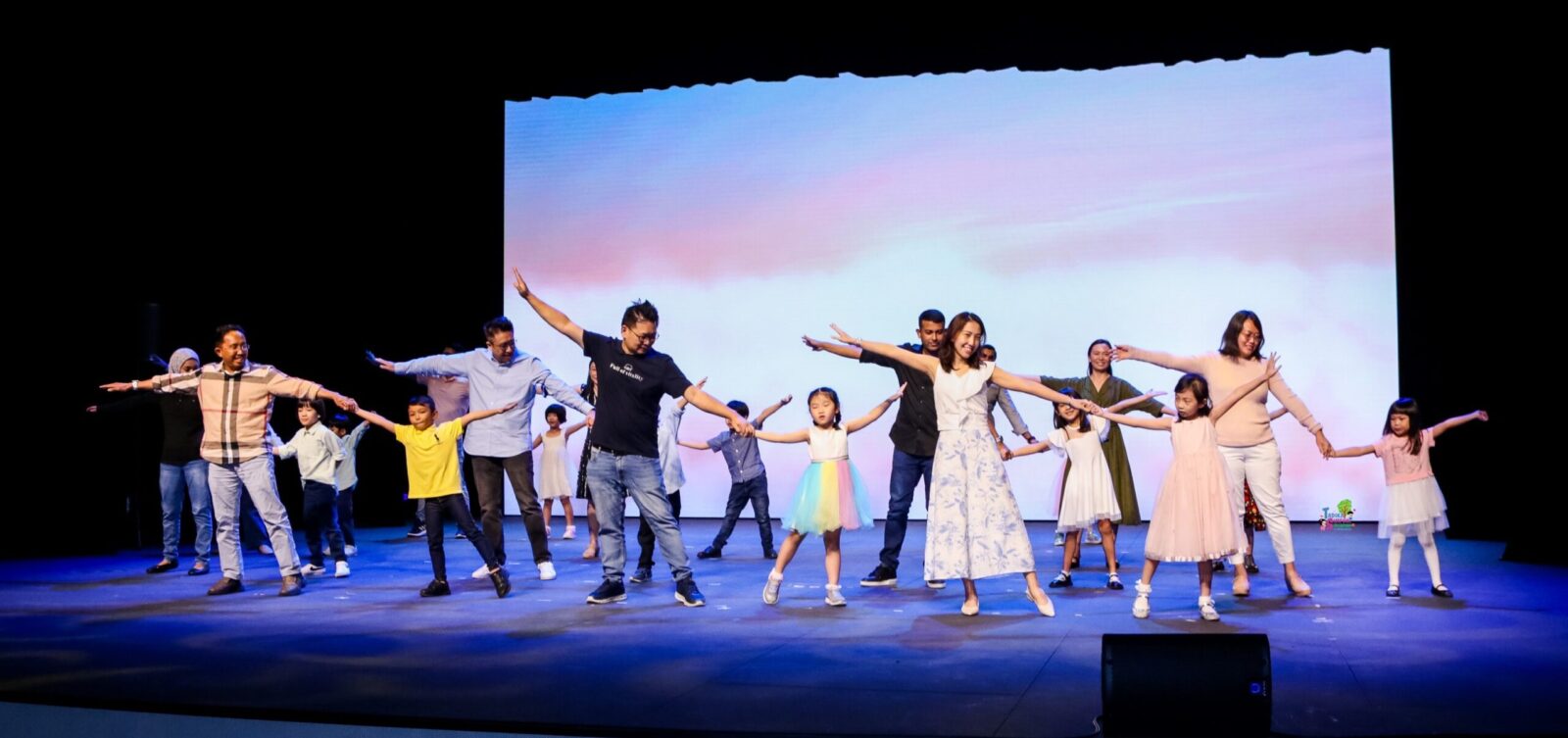
Year-End Concert
At our much-awaited annual year-end concert cum graduation ceremony, our young ones turn stars for the day and dazzle mums and dads with delightful performances. Definitely a proud moment for all!

Back to Nature (Recycling Projects)
Recycling projects helps students of all ages understand the role that each one of us plays in biodiversity conservation. Our educational materials provide kids and teachers with the information they need to understand fundamental environmental issues and to take actions that will help protect our planet.